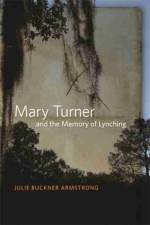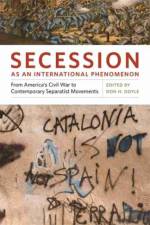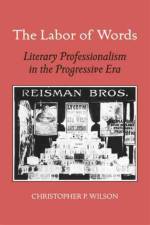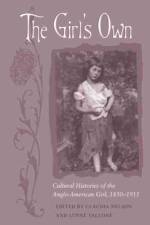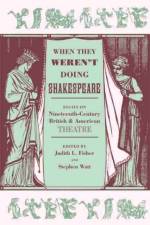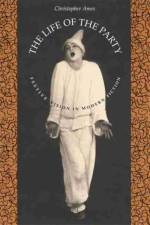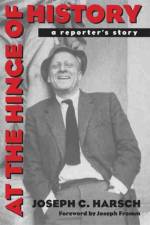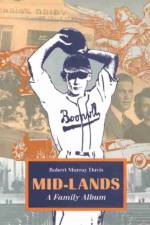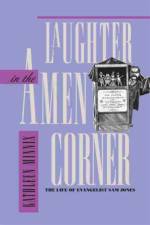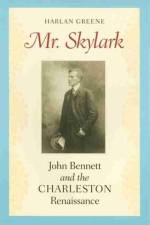av Carole L. Glickfeld
477
Charged with the mystery of childhood, with curiosity and daring, confusion and fear, the eleven interrelated stories in Useful Gifts explore what Ruthie knows. The youngest child of profoundly deaf parents living in Manhattan in the 1940s and 1950s, Ruthie Zimmer speaks and signs. Interpreting for her parents, she tries to make sense of worlds as close as her familys fourth-floor apartment, as expansive as her rooftop playground and as diverse as the neighborhood below.The ways of language, its ways, its habits, its humoras well as the demons that rise within us when we fail to communicateform an undercurrent in many of Carole Glickfelds stories. In What My Mother Knows Hannah Zimmer gleans the neighborhood gossip from her apartment window, telling Ruthie in a gesture that Mrs. Frangione is pregnant again, and announcing in clipped, terse signs that the OBriens have divorced. Know drunk?Unhappy, fight, wife, divorce. There is, in My Fathers Darling the hoarse, choked screaming of Albert Zimmer, Honorfatherhonorfatherhonorfather striking his daughter Melva has she sinks to the floor muttering Misermisermisermiser in the distant, disembodied voice of a ventriloquist. And, in Talking Mama-Loshn there is Sidney, Ruthies older brother, getting down to business, sprinkling his speech with Yiddish, French and Germanwords that project a wisdom and cosmopolitanism he clearly craves.Three floors below the Zimmer apartment, Ruthie enters the altogether different realm of Dot, a thrice-married hatcheck girl, and her daughter and son, Glory and Roy Rogers. These are characters who, as their names seem to promise, bring adventure and excitementfrom acted-out fantasies of Hollywood to gunfights amid the rooftop battlements of Fort Arden, from impulsive, stylish haircuts to Chinese food with pork. And, across the stoop, Ruthie visits with the Opals familyIris, Ivy, and Ionethree daughters whose endless lessons in charm, elocution and posture prime them for future fame and glory.In Useful Gifts, Carole Glickfeld creates, through the optimistic voice of a young girl, intimacy with the complexity and heartbreak of a world we hope she can survive. In the closing story of the collection, Ruth Zimmer, twenty years older, retraces her neighborhoodnot only to preserve her memories but to understand, finally, their effect on her now, a grown woman living three thousand miles away.

